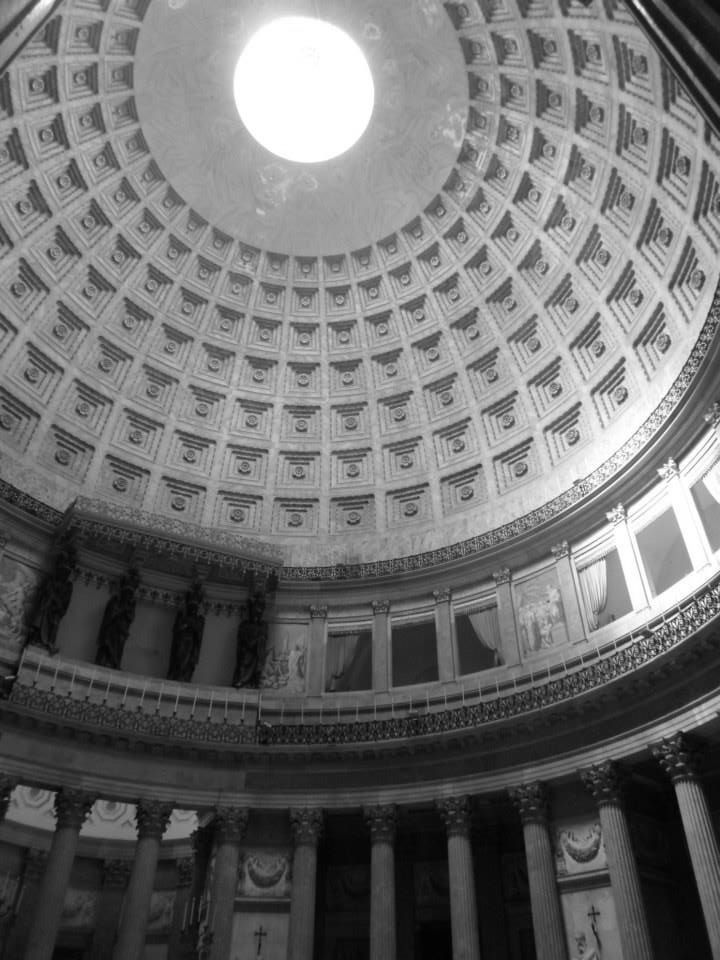
Synopsis:
The eighteenth century political philosopher Montesquieu examines the constituent features of Roman culture which contributed to the collapse of the Roman Republic. Montesquieu argues that the increasing territorial, as well as material grandeur of the Roman Republic magnified already existing constitutional schisms, and that the primal bellicosity of the Roman people lingered as a tinderbox for civil strife long after external conflicts had ended.
Excerpts:
“The reason why free states are not so permanent as other forms of government, is, because the misfortunes and successes which happen to them, generally occasion the loss of liberty; whereas the successes and misfortunes of an arbitrary government, contribute equally to the enslaving of the people.
“Authors enlarge very copiously on the divisions which proved the destruction of Rome; but their readers seldom discover those divisions to have been always necessary and inevitable. The grandeur of the republic was the only source of that calamity, and exasperated popular tumults into civil wars. Dissensions were not to be prevented, and those martial spirits, which were so fierce and formidable abroad, could not be habituated to any considerable moderation at home.
“Those who expect in a free state, to see the people undaunted in war and pusillanimous in peace, are certainly desirous of impossibilities; and it may be advanced as a general rule, that whenever a perfect calm is visible, in a state that calls itself a republic, the spirit of liberty no longer subsists.
“It must be acknowledged that the Roman laws were too weak to govern the republic: but experience has proved it to be an invariable fact, that good laws, which raise the reputation and power of a small republic, become incommodious to it, when once its grandeur is established, because it was their natural effect to make a great people, but not to govern them.
“Rome was founded for grandeur, and its laws had an admirable tendency to bestow it; for which reason, in all the variations of her government, whether monarchy, aristocracy, or popular, she constantly engaged in enterprises which required conduct to accomplish them, and always succeeded. The experience of a day did not furnish her with more wisdom than all other nations, but she obtained it by a long succession of events. She sustained a small, a moderate, and an immense fortune with the same superiority, derived true welfare from the whole train of her prosperity, and refined every instance of calamity into beneficial instructions… She lost her liberty, because she completed her work too soon.
*All excerpts have been taken from Considerations on the Causes of the Grandeur and Declension of the Roman Empire, Public Domain.
You must be logged in to post a comment.